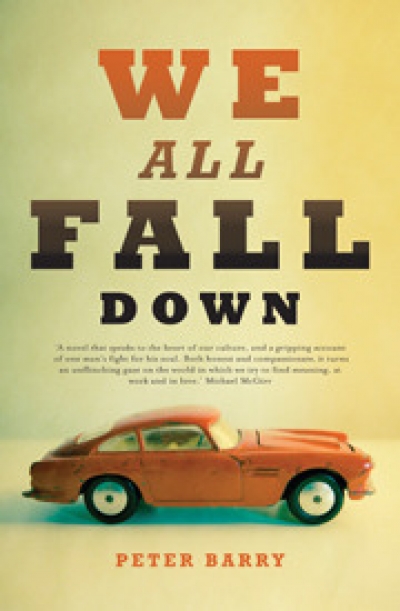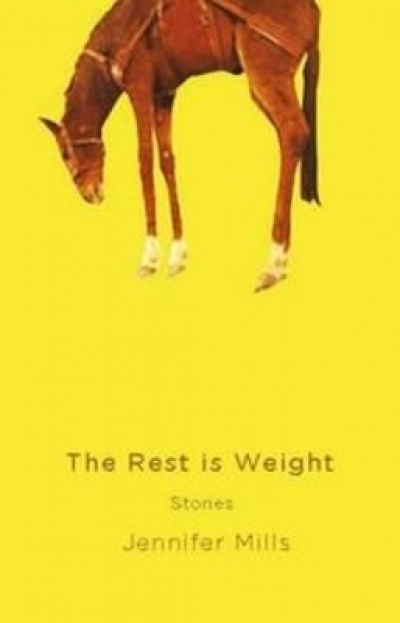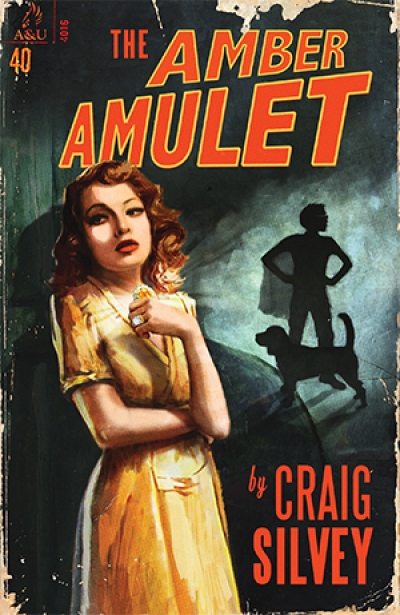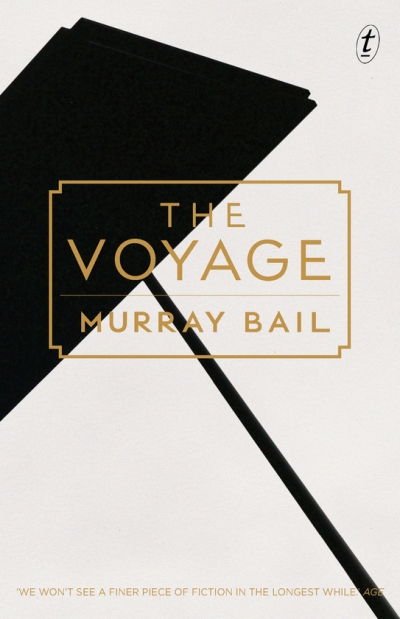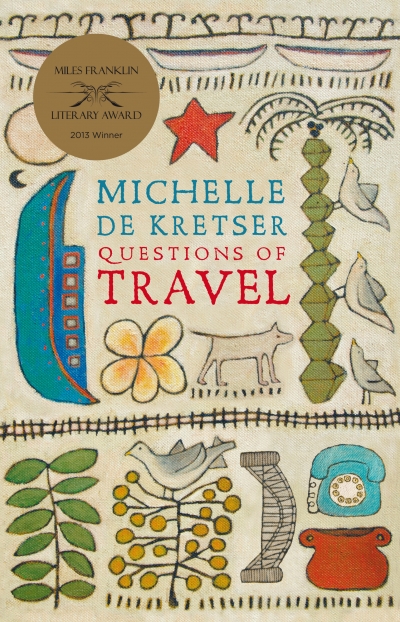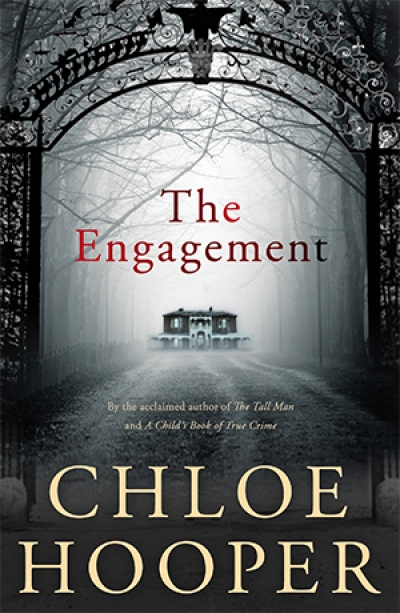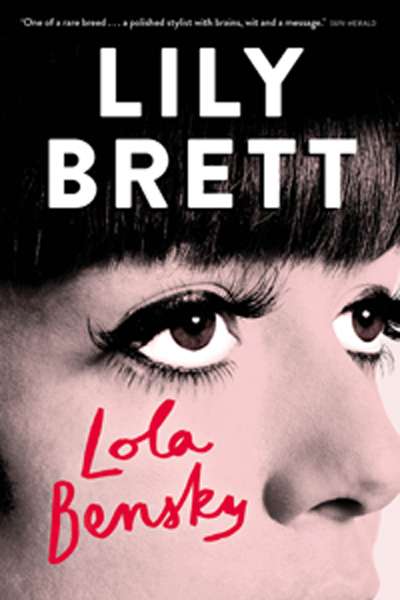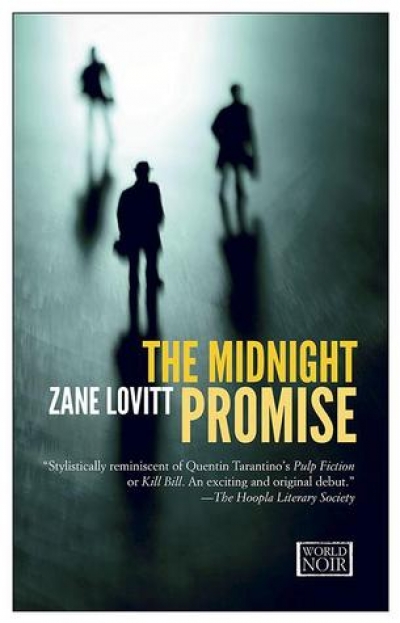Fiction
Hugh Drysdale, thirtyish, appears to have it made. An ambitious account manager with a Sydney advertising agency, he seems poised for a dazzling career. Confident of future success, he has installed his wife and son in a palatial house by the sea – with a palatial mortgage to show for it.
... (read more)The Rest is Weight by Jennifer Mills & Tarcutta Wake by Josephine Rowe
The Rest is Weight, by Jennifer Mills, is a restless collection of short stories. Its settings include Russia, remote parts of Australia, Mexico, and China. The stories are densely packed; there are no ‘snapshots’ or ‘sketches’, only well-made narratives populated by plausible, complicated characters. Nor is there any decorative writing; no showy turns of phrase, only tough, efficient prose, always working in service of a narrative. Style is subordinate to substance for Mills, and the result is a book that will draw in new readers, as well as pleasing those who have already enjoyed her previous two novels.
... (read more)The Amber Amulet by Craig Silvey & Word Hunters: The Curious Dictionary by Nick Earls and Terry Whidborne
Craig Silvey’s The Amber Amulet is a deceptively simple tale that hides many classic themes within its layers. By night, twelve-year-old Liam McKenzie patrols Franklin Street in the guise of super-hero the Masked Avenger, aided (and sometimes hindered) by his sidekick, Richie the Powerbeagle. The prime belief underpinning the Masked Avenger’s doctrine is the enormous potential of dormant energy that is trapped in gemstones and minerals, which hold specific powers. He believes that energy is omnipresent, but as the world is both positively and negatively charged, he is very aware that the balance between good and evil can easily be disturbed, and he is thus constantly on the lookout for ‘Trouble’.
... (read more)‘Too many vampires,’ wrote Patrick White. The year was 1980; the document was a letter to Shirley Hazzard; the subject was their friend and fellow novelist Elizabeth Harrower, who had published nothing but a handful of uncollected short stories since 1966. ‘Elizabeth keeps her principles,’ he wrote. ‘Whether she is also writing, I have given up asking in case I get the wrong answer. Too many vampires make too many demands on her …’
... (read more)Murray Bail’s fiction has often been interpreted in light of its explicit rejection of a prevailing tradition of Australian realism that someone once described as ‘dun-coloured’. This rejection has manifested itself in his willingness to appropriate some of Australian literature’s hoariest tropes – the harsh beauty of the landscape, the issue of national identity, the inherited cultural anxieties of the New World – and subject them to the ironising pressures of fictional constructs that wear their conceptualisation on their sleeve. The result is fiction that occupies the shifting ground between the formal rigours of modernism and the reflexive playfulness and generic self-consciousness associated with postmodernism. Bail’s later novels, in particular, beginning with his best-known book, Eucalyptus (1998), are concise, concentrated affairs that organise themselves around the kinds of overt structuring oppositions whose apparent simplicity seems to invite allegorical readings.
... (read more)In Overland back in 2006, Ken Gelder singled out Michelle de Kretser’s first novel, The Rose Grower (1999), as evidence of a contemporary Australian literature in crisis. Its foreign and historical setting, horticultural fetish, focus on private manners and primped prose, he argued, flaunted a rarefied and élitist aesthetics that wanted nothing to do with the ‘political realities’ of ‘ordinary life’. With Questions of Travel, it is as if de Kretser is responding to this charge. This is a novel whose ambitions, which are considerable, are driven by a desire to engage with, not retreat from, both the wider world and the common reader. What we have here is a quite different type of Australian literary novel from the one that Gelder identified, though one that seems to be gaining ascendancy – one that is less arch, more cosmopolitan, and more seriously engaged with the larger events and problems of our times.
... (read more)The first time The Engagement’s narrator, Liese Campbell, sees the family homestead owned by her lover, Alexander Colquhoun, she is struck by its imposing physical presence: ‘We turned a corner … The second storey came into view: eight upstairs windows and each chimney intricate as a small mausoleum.’ As she surveys the isolated Victorian mansion, with its English driveways and gardens, she realises that it has ‘been built precisely so one would feel at its mercy’.
... (read more)It is no secret that Lily Brett has mined her past and her family history in her fiction. Her parents, like those of her current alter ego, Lola Bensky, were survivors of the Łódź ghetto and Auschwitz concentration camp; Lola, like the author, was born in a displaced persons’ camp before her family emigrated to Australia. Lola, a chubby baby, was possibly the only plump person in a camp whose other inmates were mainly Jewish survivors of Nazi death camps. Save quoting at length, it is impossible to convey the inflections that render humorous such an observation.
... (read more)Alice Melike Ülgezer’s début novel is both exotic and familiar: a story of journeys, physical and philosophical, of a family with its roots in Istanbul and Melbourne. The first of these is a short ferry crossing of the Bosporus taken by Ali, a young woman (or is she a young man? gender seems immaterial here) from Melbourne who is in Istanbul to visit her father’s family. Her father – variously named Akyut, Ahmet, Ayk, Baba, and Captain Schizophrenia – is present. In the pre-dawn darkness, he is troubled, not an unusual state for him. The wild behaviour of this unstable but magnetic man forms something of a catalogue aria in the book, occasionally amusing but more often horrifyingly violent.
... (read more)The Midnight Promise, Zane Lovitt’s début novel, is billed not as a detective story, but as a detective’s story. It is a minor grammatical change that makes for a major shift in the focus of the tale. Here there is no major dramatic revelation – no car chase, forensic science, femme fatale. Instead, the reader is offered a character study of a man slowly succumbing to depression, apathy, and alcoholism; worn down by his cases and by his inability to maintain his independence from them.
... (read more)

